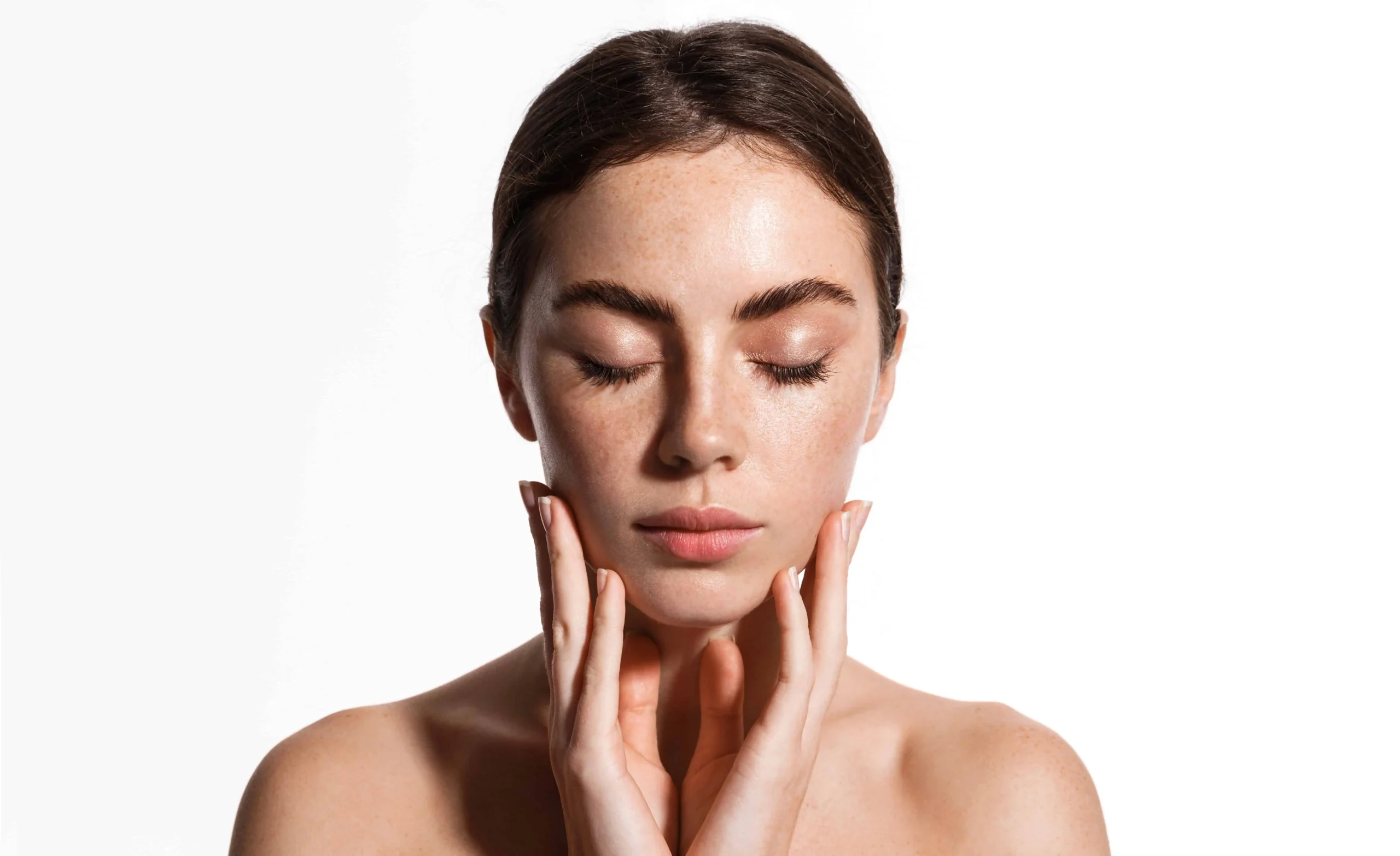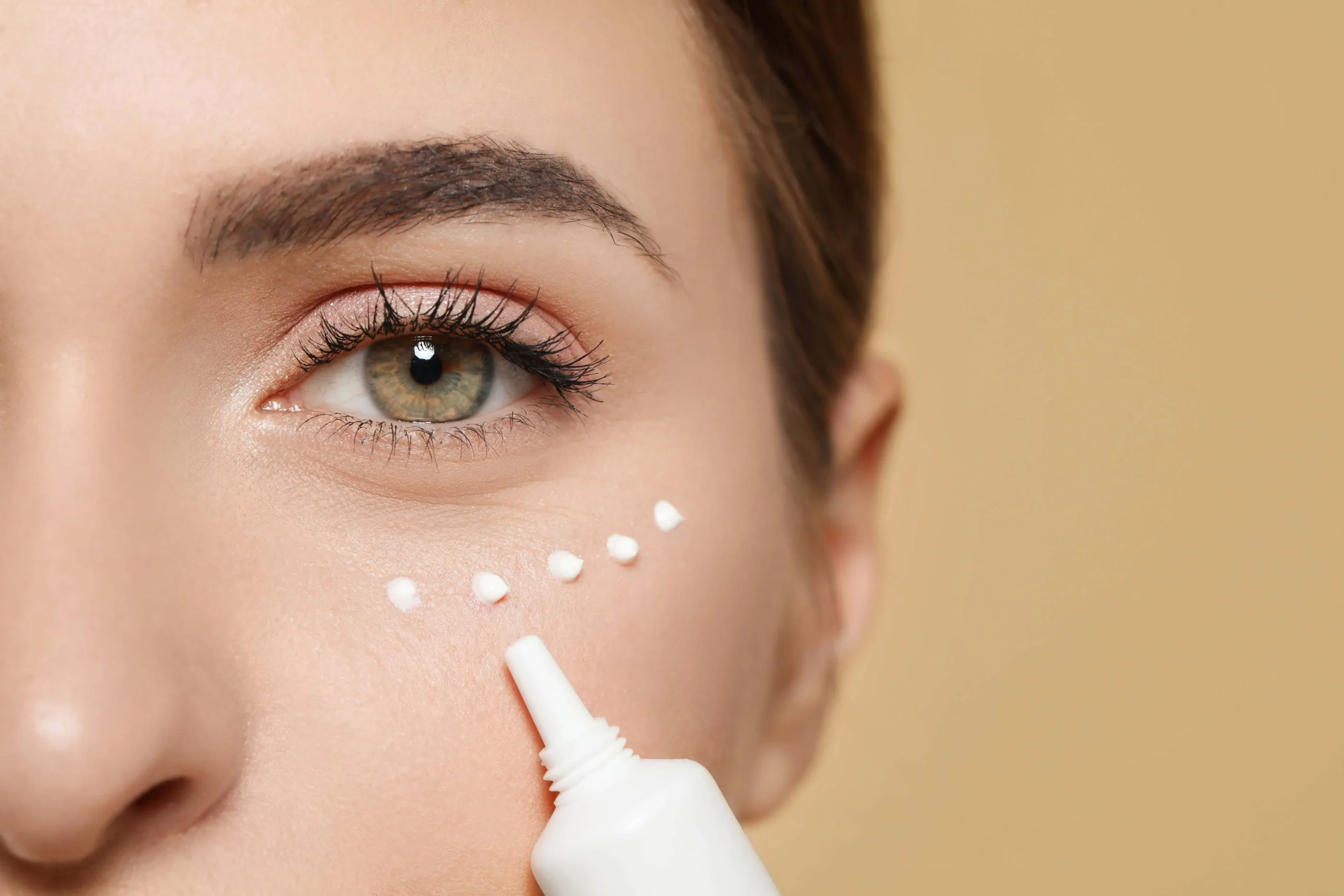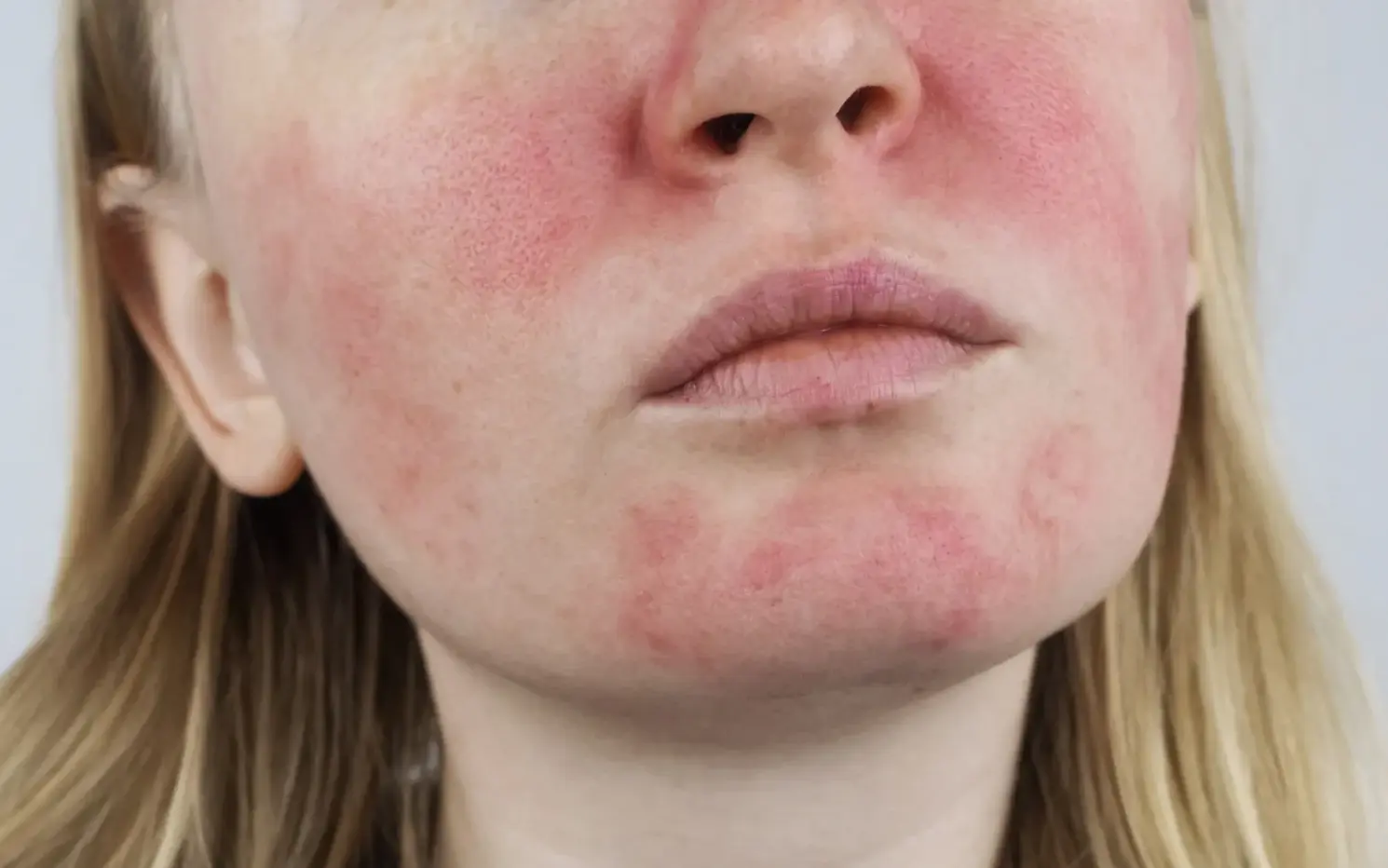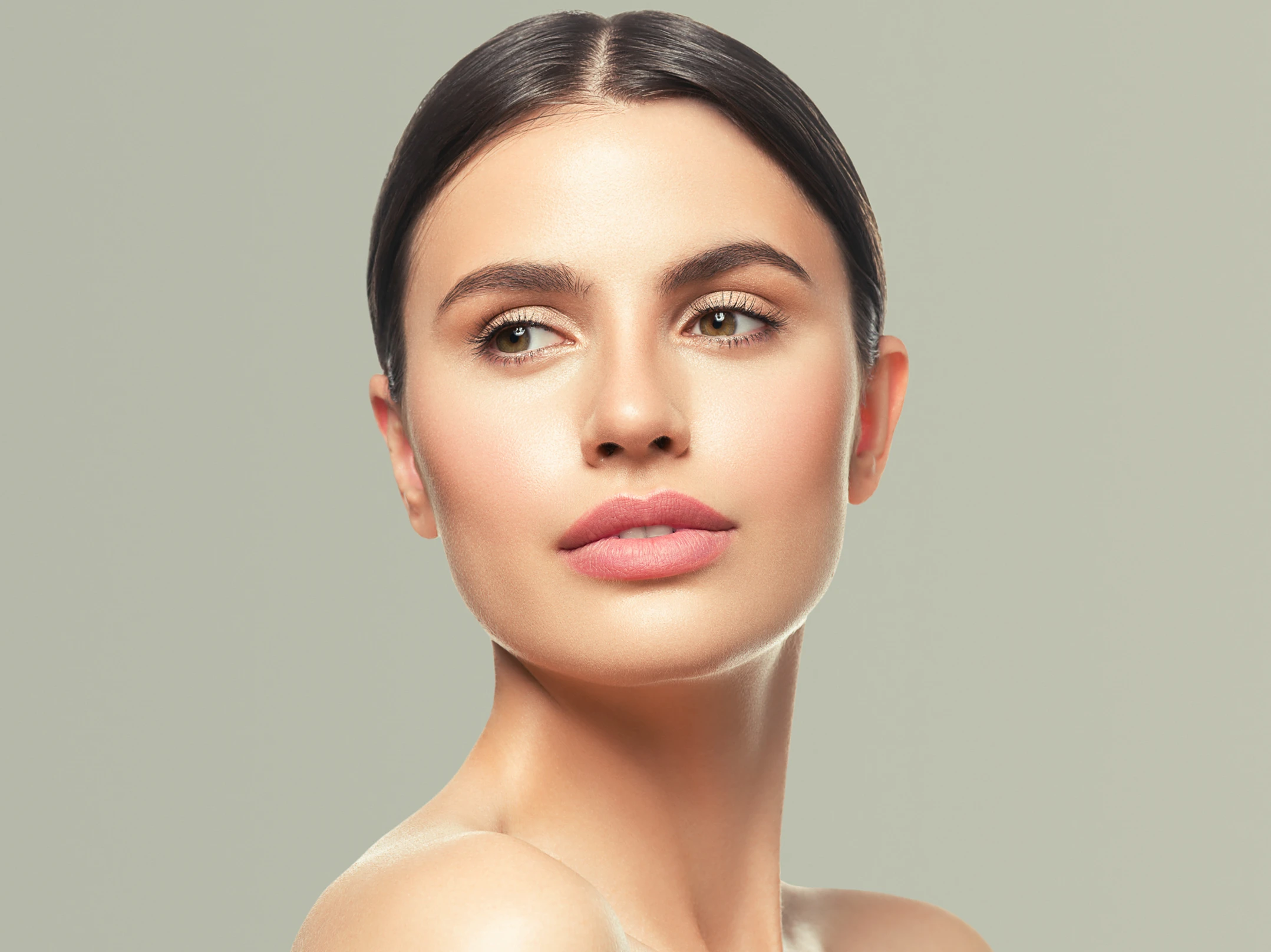Alcohol is a common ingredient in many skincare products, ranging from cleansers and toners to moisturizers and serums. However, its inclusion often sparks debate among skincare enthusiasts and professionals. Some argue that alcohol can be beneficial, while others claim it’s detrimental to the skin. In this blog post, we’ll explore the impact of alcohol in skincare products, examining both its potential benefits and drawbacks to help you make informed choices about your skincare routine.
Understanding Alcohol in Skincare
- Types of Alcohol in Skincare: Not all alcohols are created equal in the world of skincare.
There are two main types:
● Simple Alcohols: These include ethanol, isopropyl alcohol, and denatured alcohol. They are often used for their quick-drying properties and as solvents in formulations.
● Fatty Alcohols: These include cetyl alcohol, stearyl alcohol, and cetearyl alcohol. They are derived from fats and oils and are used as emollients and thickeners. - Role of Alcohol in Skincare: Alcohols are used in skincare for various reasons, including:
● Solvent: Alcohols can dissolve and stabilize certain ingredients, helping to deliver them more effectively.
● Preservative: They can act as preservatives, extending the shelf life of products by preventing microbial growth.
● Texture and Feel: Alcohol can alter the texture of products, making them lighter or faster-drying.
The Potential Benefits of Alcohol in Skincare
- Enhanced Absorption: Simple alcohols can enhance the absorption of active ingredients into the skin. This can be beneficial for delivering potent ingredients like vitamins and antioxidants more effectively.
- Quick-Drying Formulas: Alcohols help products to dry quickly, which can be particularly advantageous for certain formulations like toners and gels. This can make the application process more convenient and less sticky.
- Improved Texture: Fatty alcohols can improve the texture of skincare products by making them smoother and more spreadable. They also act as emollients, helping to soften and condition the skin.
- Preservative Properties: Alcohols have antimicrobial properties that help to preserve the product and reduce the risk of contamination. This is particularly useful in products that are frequently exposed to air and fingers, such as creams and lotions.
The Potential Drawbacks of Alcohol in Skincare
- Drying and Irritation: Simple alcohols can be drying and irritating, especially for sensitive or dry skin types. They can remove the skin’s natural oils, resulting in dryness, irritation, and a weakened skin barrier.
- Disruption of the Skin Barrier: Frequent use of products containing high levels of simple alcohols can disrupt the skin’s natural barrier, leading to increased sensitivity and vulnerability to environmental aggressors.
- Potential for Allergic Reactions: Alcohol can sometimes trigger allergic reactions or sensitivities in certain individuals. Those with pre-existing skin conditions or allergies may experience redness, itching, or rash.
- Contradictory Effects: While fatty alcohols are generally considered safe and beneficial, the presence of simple alcohols in a formulation can sometimes counteract the moisturizing effects of other ingredients, creating a conflicting impact on the skin.
Finding the Right Balance
- Check the Ingredient List: When evaluating a product, check the ingredient list to identify the type and concentration of alcohol used. Simple alcohols are typically listed near the beginning of the ingredient list if they are present in significant amounts.
- Consider Your Skin Type: If you have dry or sensitive skin, look for products with minimal or no simple alcohol. Fatty alcohols are generally well-tolerated and can be beneficial for all skin types.
- Moderation is Key: Using products with alcohol in moderation is often acceptable. Avoid overloading your skincare routine with products that contain high concentrations of simple alcohol, especially if you notice any adverse effects.
- Choose Formulas Wisely: Opt for products that balance alcohol with hydrating and soothing ingredients. For example, a toner with alcohol might also contain hydrating agents like glycerin or hyaluronic acid to counteract potential dryness.
Conclusion
The impact of alcohol in skincare products can vary depending on the type of alcohol used and the formulation of the product. While simple alcohols can offer benefits such as enhanced absorption and improved texture, they can also cause dryness and irritation if used excessively. On the other hand, fatty alcohols are generally beneficial, providing hydration and improving the product’s texture.
Understanding the role of alcohol in your skincare products and choosing formulations that align with your skin type and concerns is crucial. By making informed decisions and paying attention to how your skin responds, you can effectively incorporate or avoid alcohol-containing products as needed, maintaining a healthy and balanced skincare routine.





